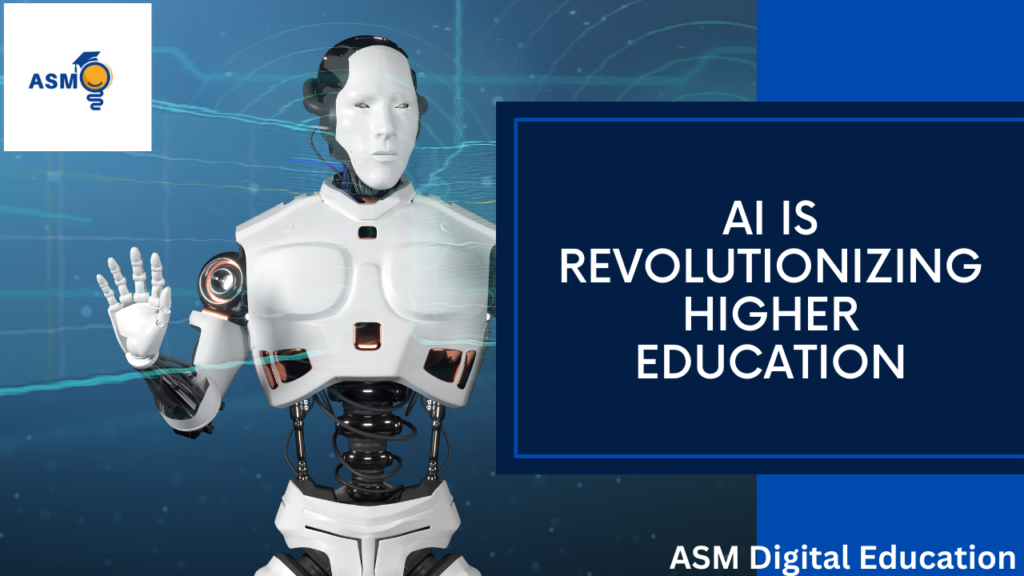The AI TOOLS landscape is about to witness a significant shift thanks to the rising power of Artificial Intelligence (AI). Get ready for personalized learning paths, interactive feedback loops, and immersive experiences that adapt to your unique needs. Here’s a peek into some of the most exciting upcoming AI tools in online learning, along with insights into how they’ll work:
1. Hyper-Personalized Online Learning Paths:
- Imagine an Online Learning AI TOOLStutor who constantly analyzes your learning pace, preferred learning styles, and areas of difficulty. This AI will then curate a dynamic learning path that adapts in real-time, offering personalized content, exercises, and challenges to keep you engaged and progressing.
- Advanced AI algorithms: Analyze user data like learning progress, engagement metrics, and content interaction to create individual learning profiles.
- Adaptive learning platforms: Employ AI to personalize content delivery, difficulty levels, and learning pathways based on individual needs.
- Micro-learning modules: Break down complex concepts into bite-sized, personalized modules that cater to specific learning gaps and preferences.
2. Immersive Learning Experiences AI TOOLS :
- Prepare to be transported into virtual worlds where you can interact with historical figures, conduct experiments in simulated environments, or even practice skills in realistic scenarios. AI-powered simulations and VR/AR technology will create a truly immersive learning experience.
- VR/AR integration: Immerse learners in interactive simulations and virtual environments to enhance engagement and understanding.
- AI-powered simulations: Create dynamic scenarios that react to user actions, allowing for real-time learning and decision-making practice.
- Gamified learning: Utilize game mechanics and storytelling elements to motivate learners and reinforce knowledge acquisition.
3. AI-powered Feedback and Assessment of AI TOOLS:
- Forget generic feedback and tedious grading. AI-powered tools will analyze your work, provide personalized feedback on strengths and weaknesses, and suggest areas for improvement. This constant feedback loop will accelerate your learning journey.
Methods:
- Automated essay scoring (AES): AI algorithms analyze written work, providing feedback on grammar, style, and content relevance.
- Real-time feedback tools: Analyze student responses to quizzes, assignments, and discussions, providing instant feedback and guidance.
- Predictive analytics: Identify potential learning gaps and areas of difficulty before they become major obstacles.
4. AI-powered Learning Companions:
- Say hello to your AI-powered learning buddy! This virtual assistant will answer your questions, provide personalized guidance, and even motivate you to stay on track. Imagine having a 24/7 learning coach at your fingertips.
Methods:
- Chatbots: Utilize natural language processing (NLP) to answer questions, provide explanations, and offer support throughout the learning process.
- Virtual learning assistants: Employ AI to personalize learning goals, track progress, and offer reminders and motivational nudges.
- Social learning platforms: Connect learners with AI-powered bots and virtual mentors for peer-to-peer learning and collaborative problem-solving.
5. Accessible Learning for All:
- AI has the power to break down barriers and make education accessible to everyone. Tools like speech recognition and text-to-speech can assist learners with disabilities, while AI-powered translation tools can bridge language gaps and make learning materials available globally.
Methods:
- Speech recognition and text-to-speech: Convert spoken words to text and vice versa, enabling learners with disabilities to participate fully in online learning environments.
- AI-powered translation tools: Translate learning materials into different languages, making education accessible to a wider audience.
- Universal design principles: Implement AI-powered accessibility features like automatic captions, alt text for images, and adjustable font sizes to cater to diverse learning needs.
The Future of Online Learning:

As these AI tools evolve and become more sophisticated, online learning will become a truly personalized and engaging experience. The future of education is bright, with AI paving the way for a learning environment that adapts to individual needs, empowers learners of all abilities, and fosters a love for lifelong learning.
While AI holds immense promise for online learning, it’s crucial to ensure ethical practices and responsible development. We must address issues of bias, data privacy, and the human element of education to ensure that AI enhances, rather than replaces, the role of educators in nurturing curious and engaged learners.
I hope this detailed exploration of upcoming AI tools in online learning has sparked your imagination and anticipation for the future of education! Let’s embrace the potential of AI to create a world where learning is accessible, engaging, and truly personalized for everyone.
Kindly share it on your social media


